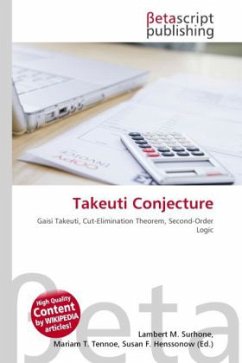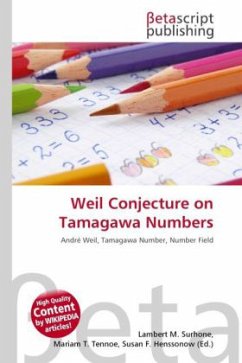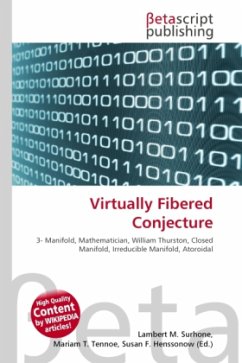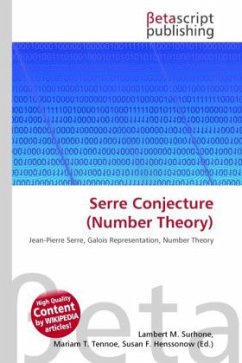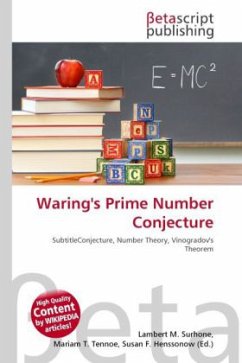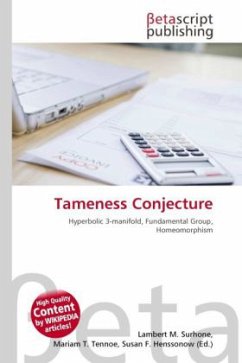High Quality Content by WIKIPEDIA articles! Second-order logic is more expressive than first-order logic. For example, if the domain is the set of all real numbers, one can assert in first-order logic the existence of an additive inverse of each real number by writing x y (x + y = 0) but one needs second-order logic to assert the least-upper-bound property for sets of real numbers, which states that every bounded, nonempty set of real numbers has a supremum. If the domain is the set of all real numbers, the following second-order sentence expresses the least upper bound property.
Bitte wählen Sie Ihr Anliegen aus.
Rechnungen
Retourenschein anfordern
Bestellstatus
Storno

